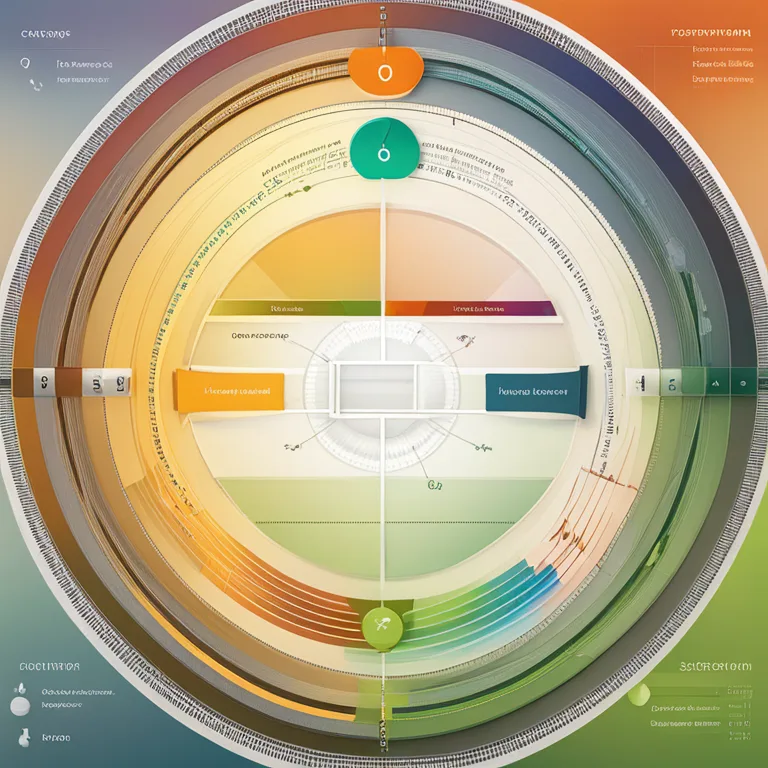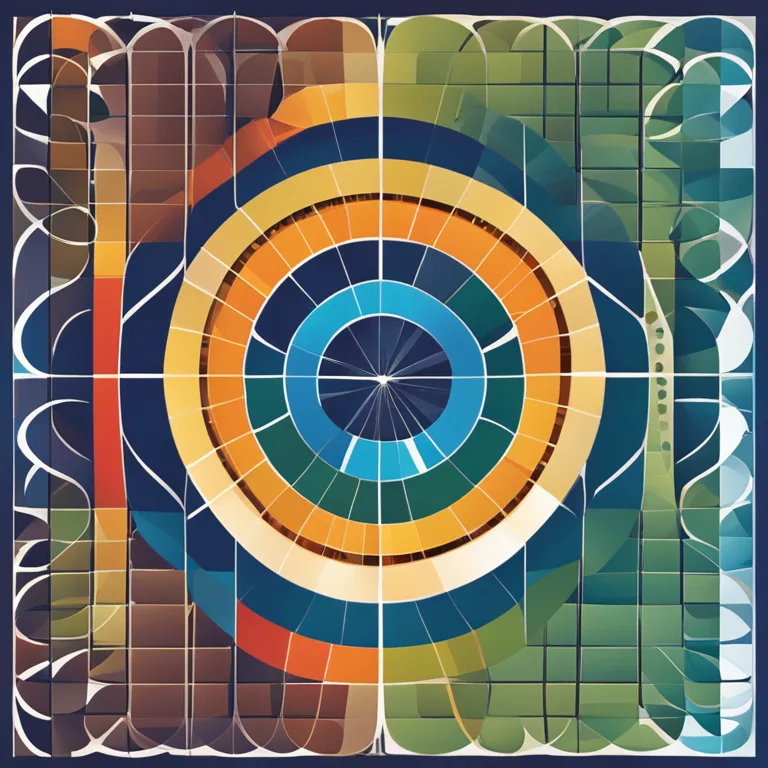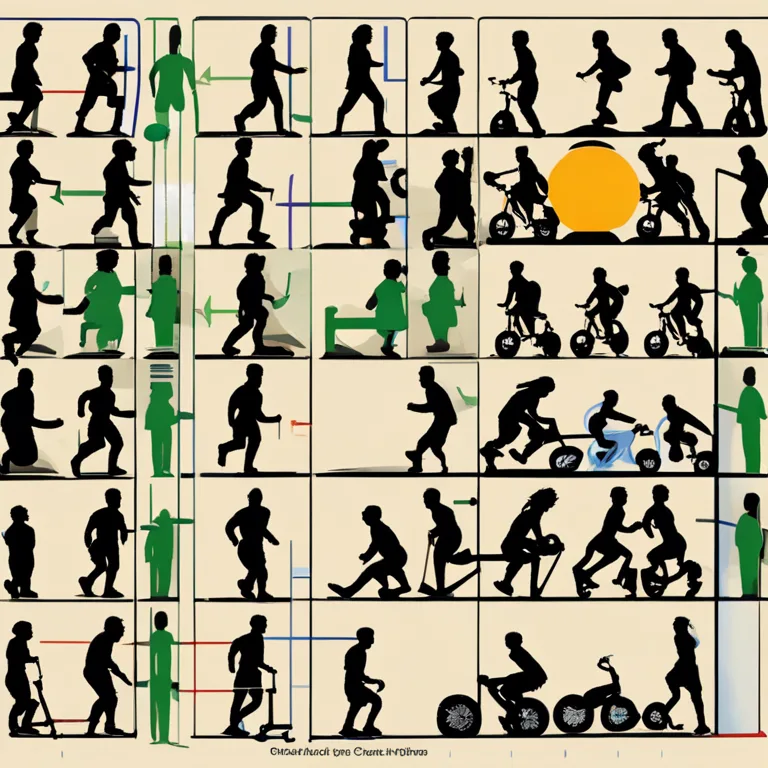
The Purposes of Biorhythms in Personal Insight
Discover the functions of biorhythms in enhancing personal awareness and well-being, and how they're utilized in daily life to navigate energy levels and decisions.
article by Adrian Wallace
Introduction to Biorhythms
Biorhythms are a concept based on the idea that our lives are influenced by natural physiological cycles. These cycles are believed to affect our physical, emotional, and intellectual capabilities, dictating our energy levels, performance, and mood. Dating back to the early 20th century, the theory of biorhythms has since intertwined with various aspects of self-awareness and personal growth, proposing that understanding and monitoring our biorhythmic patterns can lead to optimized decision-making and improved life quality.

Physical Cycle Awareness
One principal use of biorhythms is in recognizing the patterns in our physical cycle, which is thought to run for approximately 23 days. By charting this cycle, individuals can aim to engage in physically demanding activities when their energy is at its peak, and similarly, rest or recover during the predicted low phases. This concept has found traction among athletes, fitness enthusiasts, and anyone looking to maximize physical health and performance.

Emotional Balance and Well-being
The emotional cycle, usually calculated as a 28-day wave, offers valuable insights into the potential highs and lows of one's mood and affective states. Recognizing these patterns can empower individuals to plan significant life events, understand feelings of well-being, and anticipate emotional fluctuations. This foresight is particularly useful in managing relationships, career decisions, and overall mental health strategies.

Intellectual Cycle Optimization
Biorhythms also encompass the intellectual cycle, typically lasting 33 days. By knowing the timing of this cycle, one may schedule demanding cognitive tasks or intellectual pursuits during high phases while reserving low periods for routine or less critical thinking activities. This can be particularly beneficial in educational settings or professions that demand strategic thinking and planning.

Compatibility and Relationships
Another intriguing application of biorhythm theory is in assessing compatibility between individuals. By comparing personal cycles, it is theorized that one can predict the phase of harmony or discord within relationships. This knowledge can foster understanding and patience between partners, colleagues, or friends, potentially aiding in conflict resolution and strengthening bonds.
Personal Insights and Reflection
Finally, biorhythms are used for self-reflection and personal insights. Monitoring one's cycles encourages an attuned presence to the body's signals and needs. This mindful approach can lead to improved mental resilience and emotional regulation. As such, many users incorporate biorhythm analysis into their holistic health and mindful living practices, viewing it as a tool for personal development and self-care.
Adaptation to Modern Technology
In the digital age of 2024 and beyond, biorhythms have seamlessly integrated with technology, allowing for more sophisticated and user-friendly ways to track and interpret these cycles. From smartphone apps to wearable tech, the ease of accessing and using biorhythmic data has never been greater, catering to a generation that values data-driven self-improvement and preventative health measures.
Published: 12/28/2023
Modified: 12/28/2023
More predictions
Come back here soon to learn more about yourself and your future


Biorhythm Birthday Compatibility: Syncing Life Cycles
Discover the intriguing concept of biorhythm birthday compatibility and how syncing life cycles can influence personal relationships.


BioRythm Compatibility: Syncing Life's Rhythms Together
Discover how biorhythm compatibility can influence your personal relationships and find harmony with life's natural cycles.


The Rhythms of Life: A Guide to Biorhythm Cycles
Discover the science of biorhythm cycles and how they influence your physical, emotional, and intellectual states throughout life.